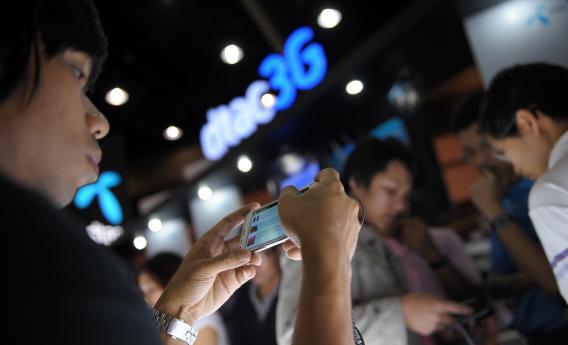After upgrading my iPhone software the other day, I was a bit surprised to learn that AT&T started claiming I was receiving 4G service. I knew enough about the industry to know that nothing had changed, but you need to read my colleage Farhad Manjoo to get the full down and dirty on this funny business.
This strikes me as an interesting case where underregulation is impeding innovation. We would like to see providers, both mobile and wireline, invest money in upgrading the network speeds they can deliver. But this is expensive and moderately risky. To take the first leap forward, you need to be able to either upsell customers on more expensive service or else seriously poach market share from rivals who haven’t upgraded. In other to do those things, you need to be able to credibly communicate to customers that you now have superior service. But because the rules about what kinds of claims you can make in this regard are so lax, nothing anyone says about faster internet speed is all that credible. And so each company has incentives to make increasing dubious or exaggerated claims about their network capabilities and over time it gets harder and harder for anyone to credibly communicate real improvements. Since barriers to entry in this field are extremely high, the same untrusted incumbents just kind of stagger forward with cheap talk, crowding out costly investments in physical infrastructure.
